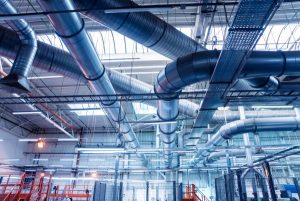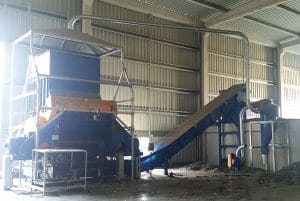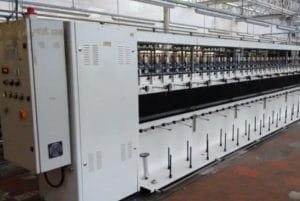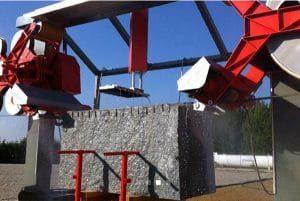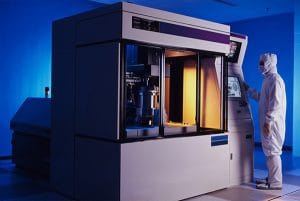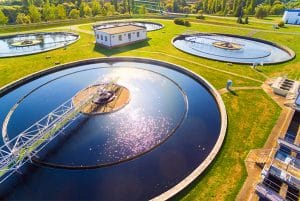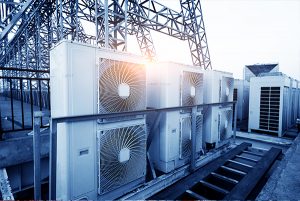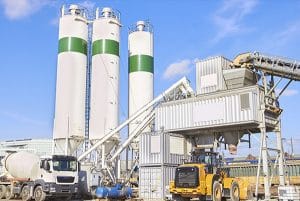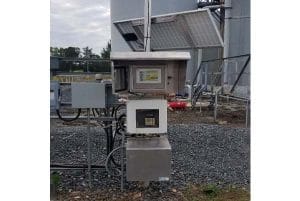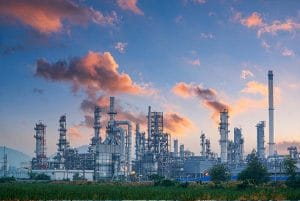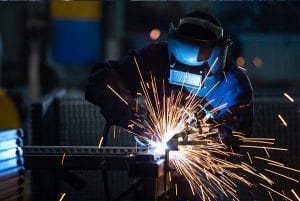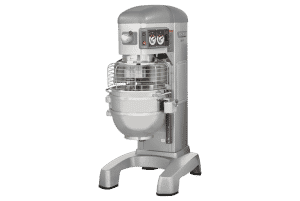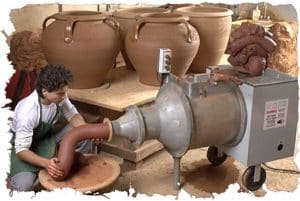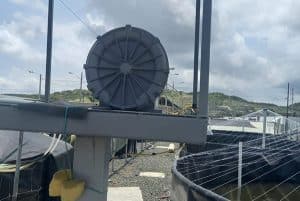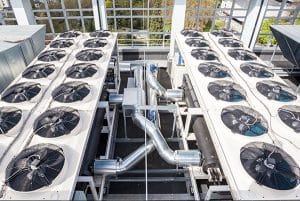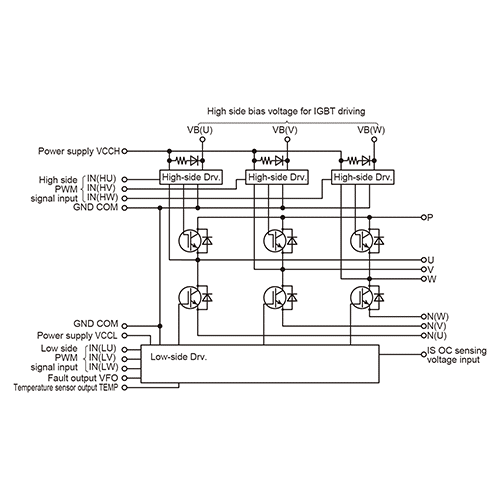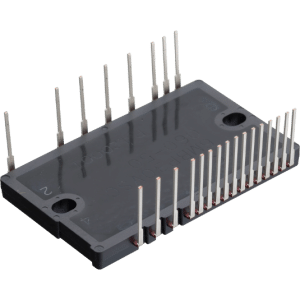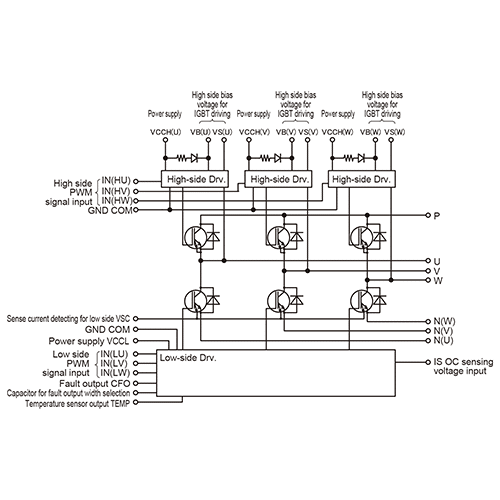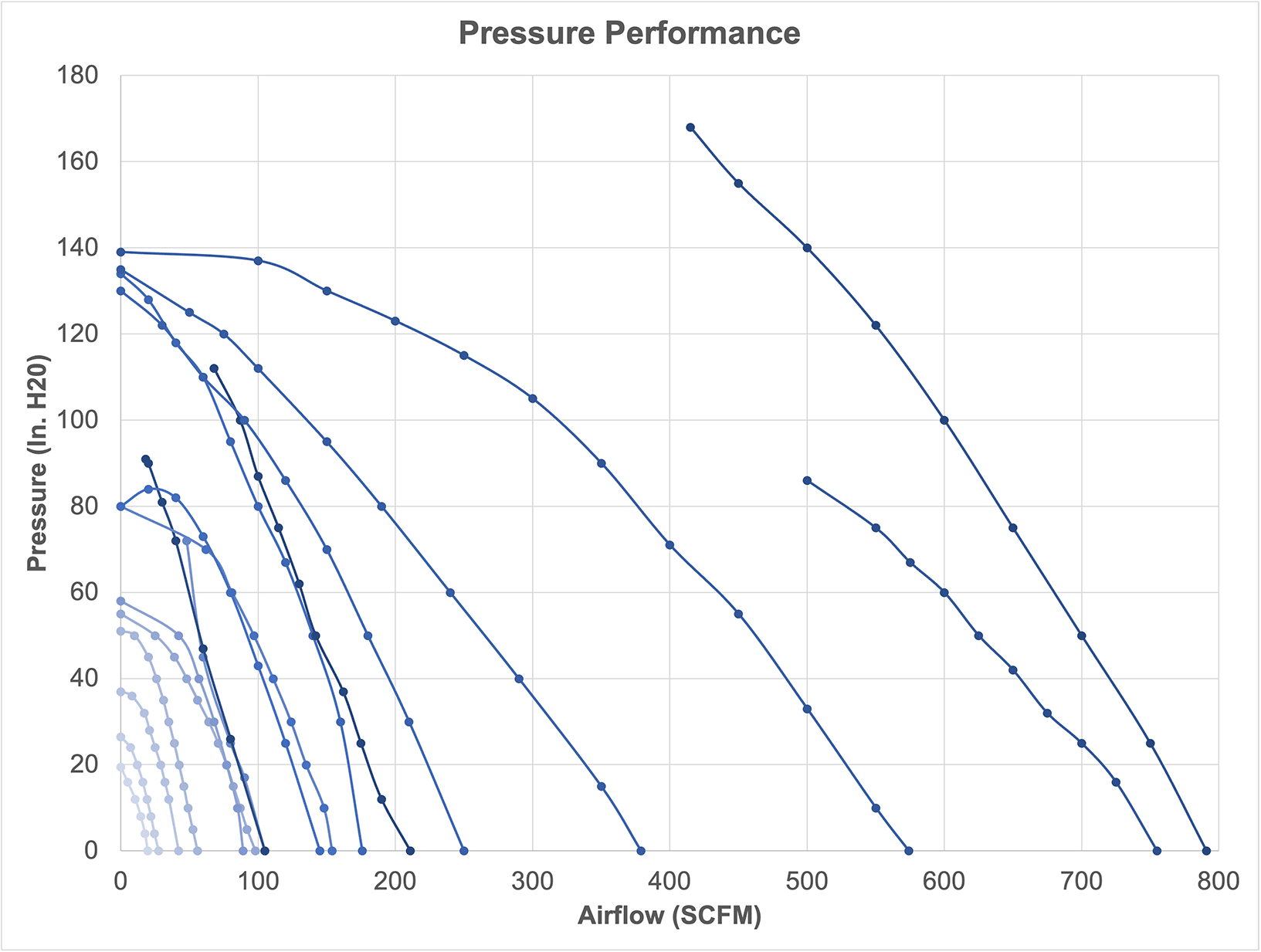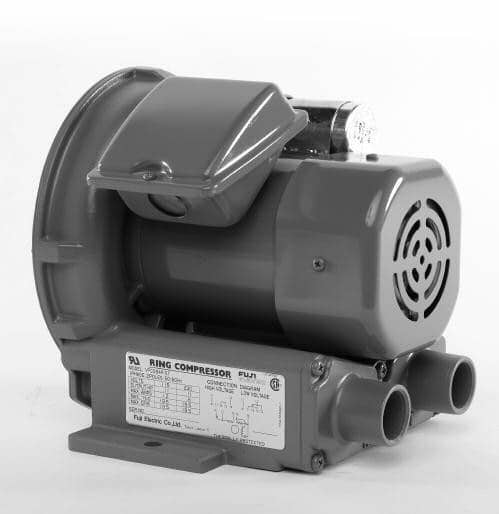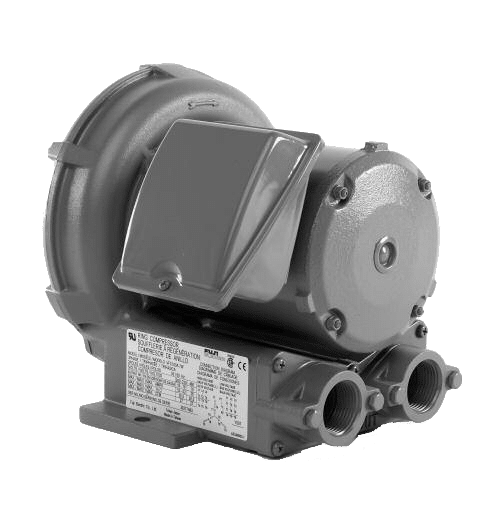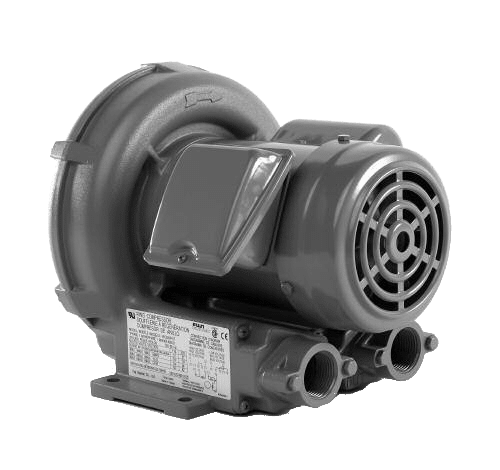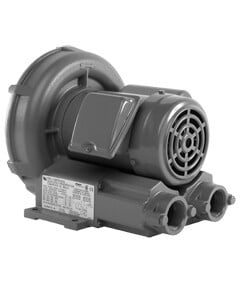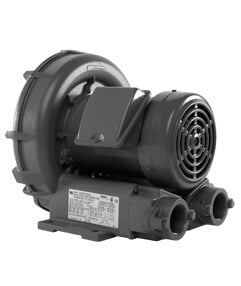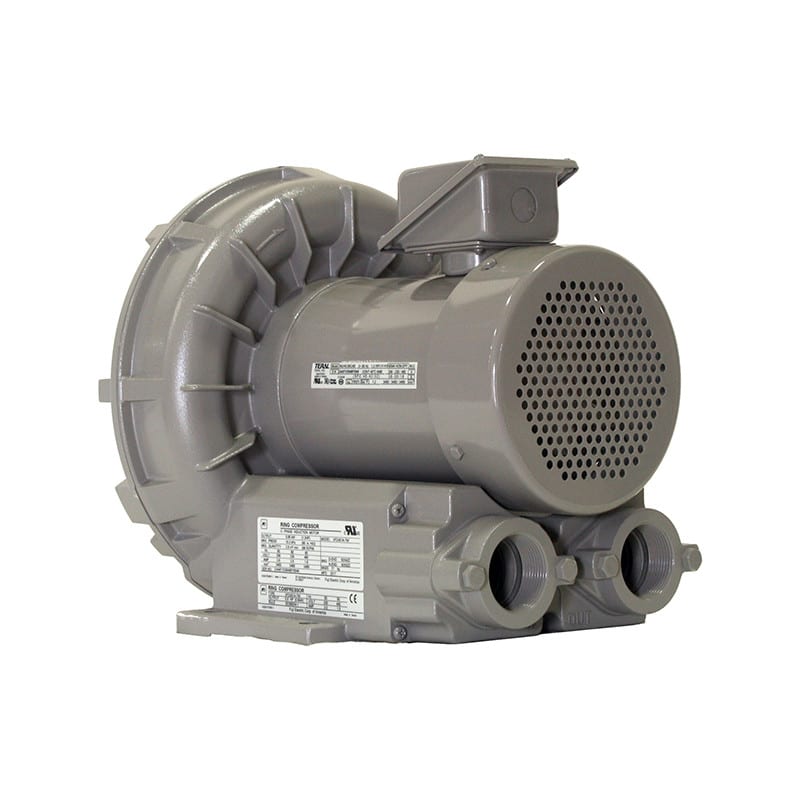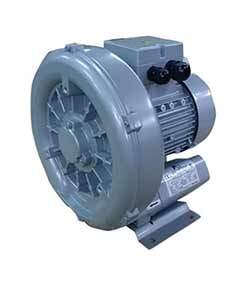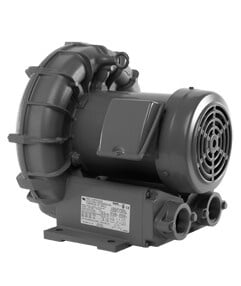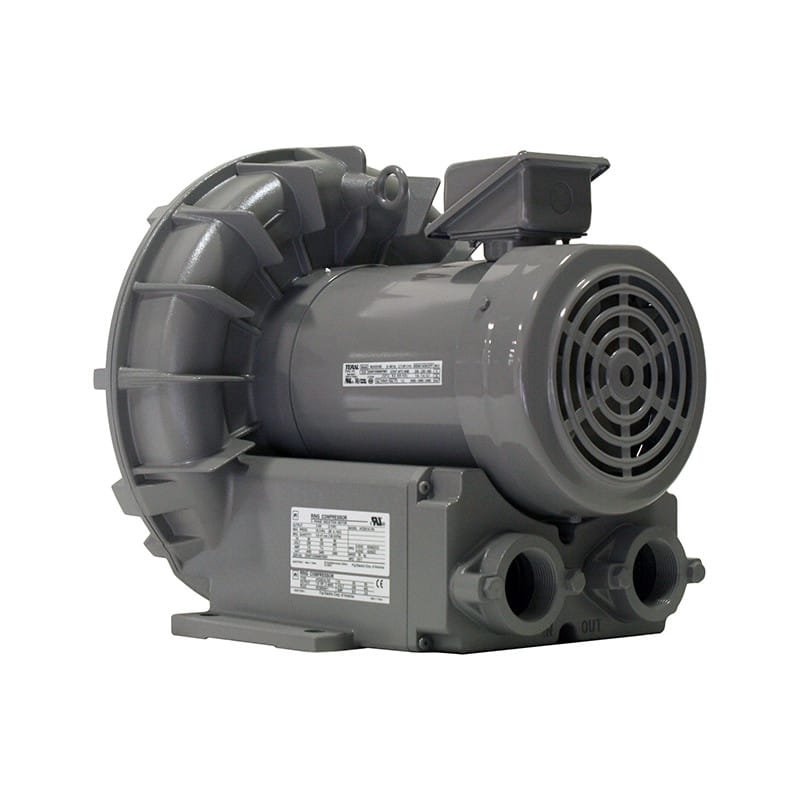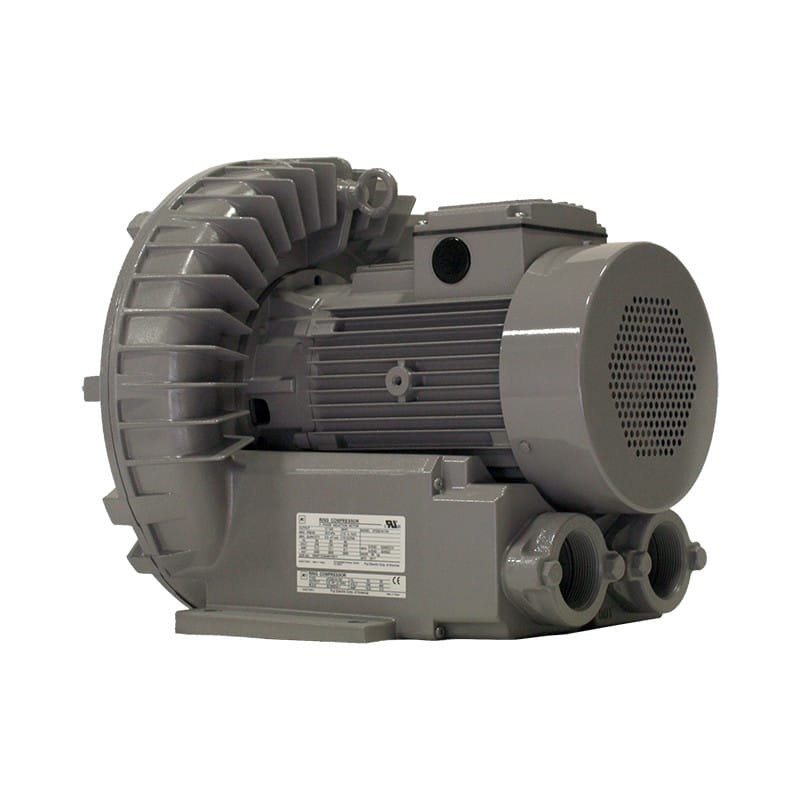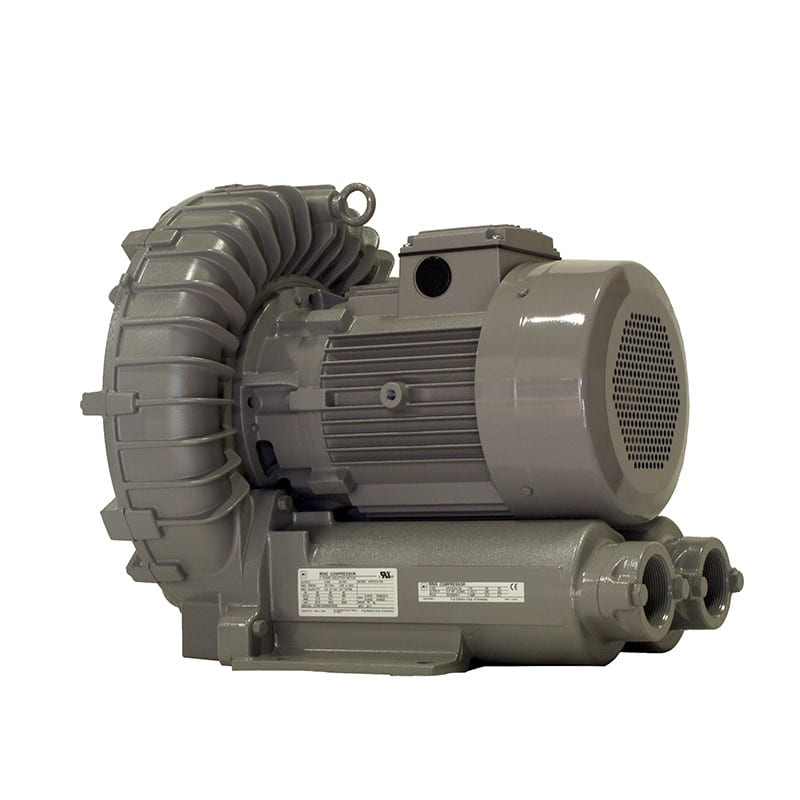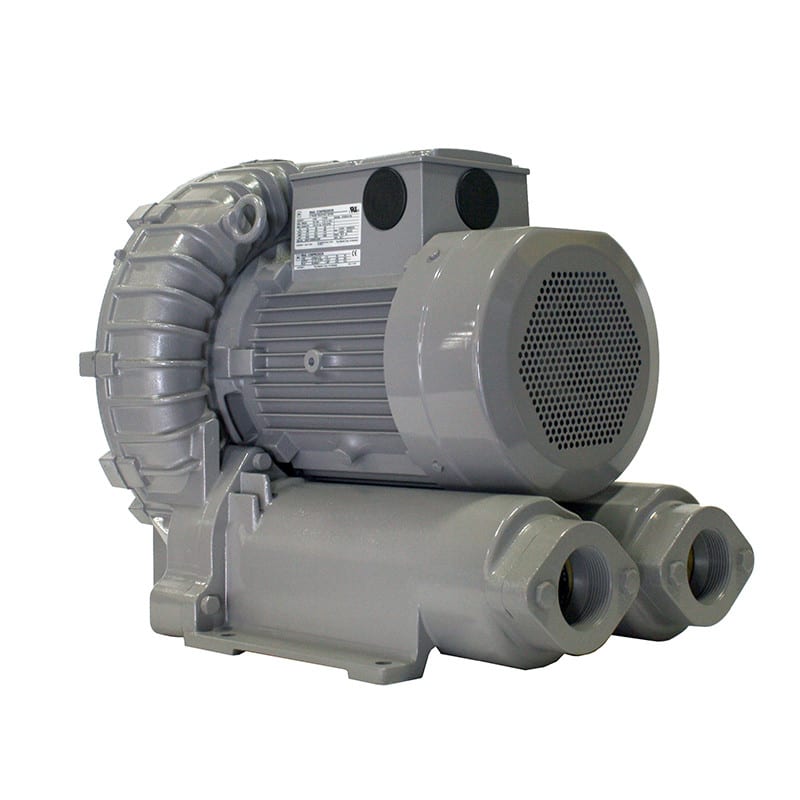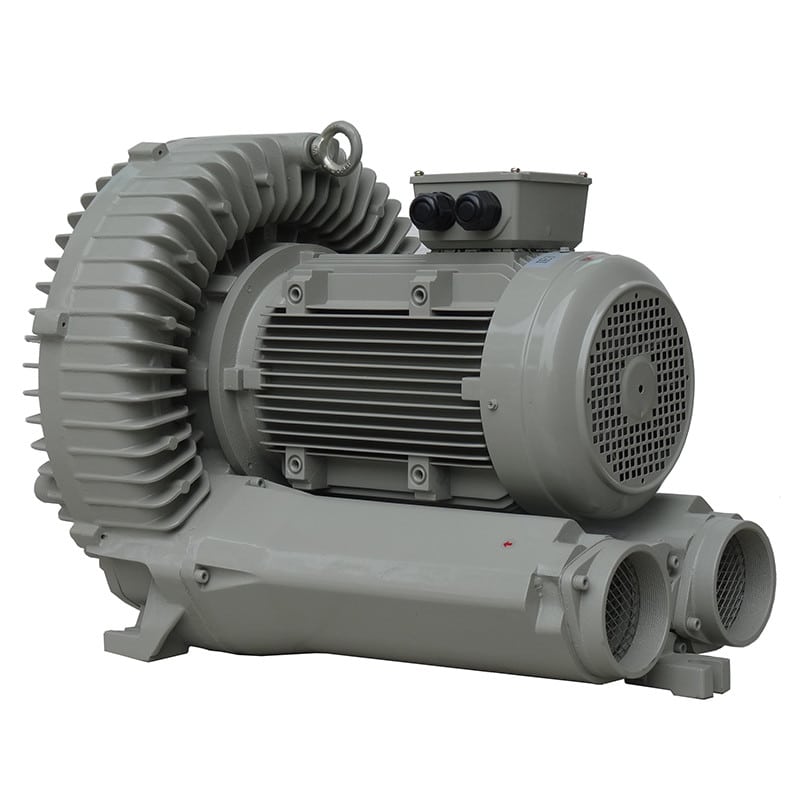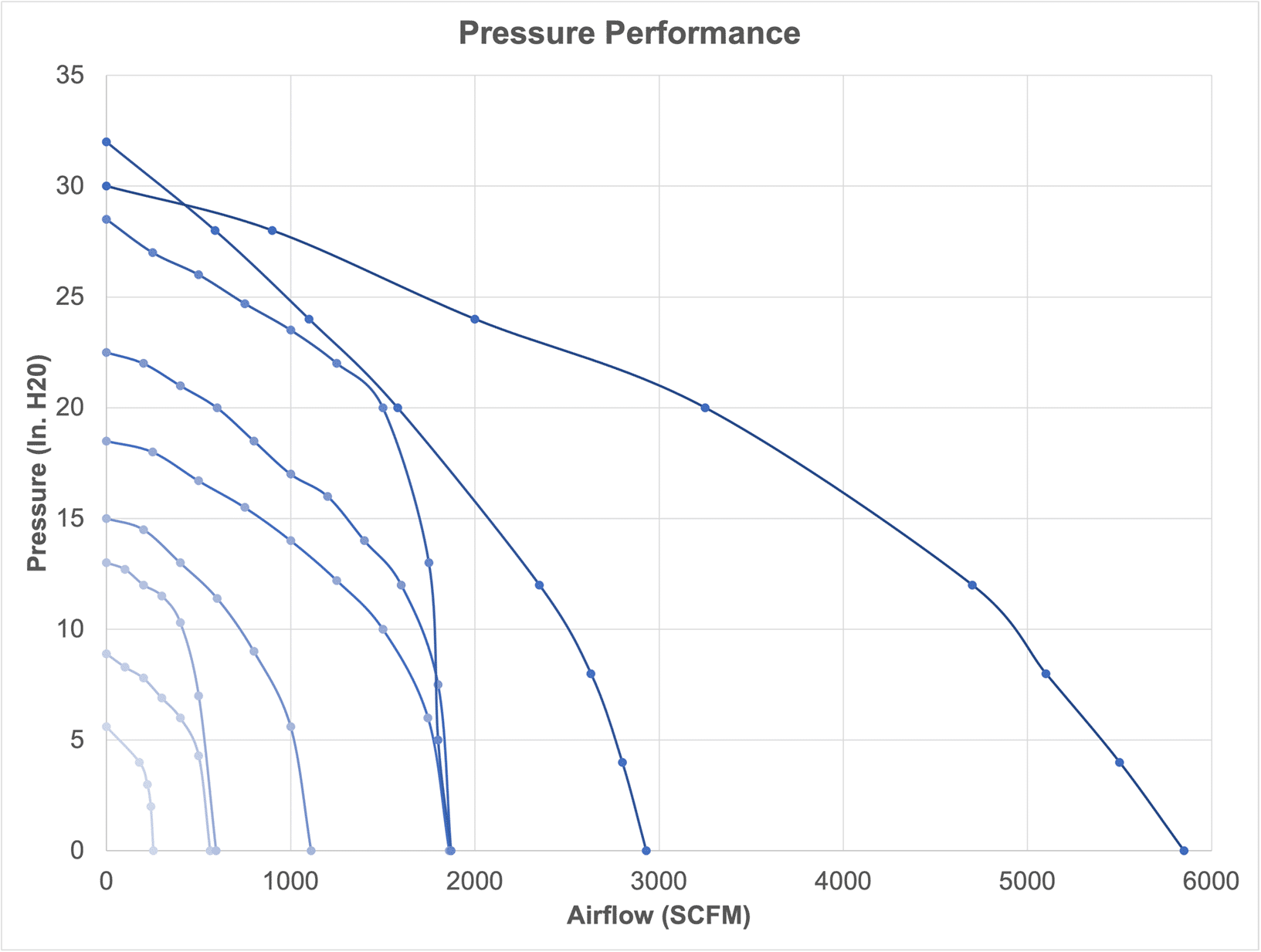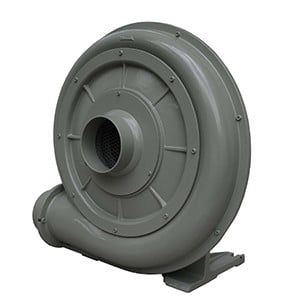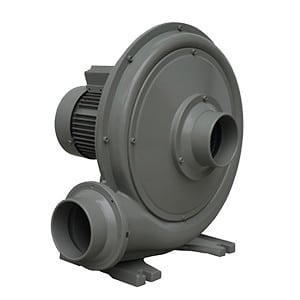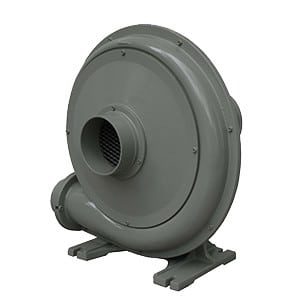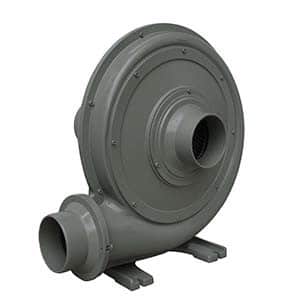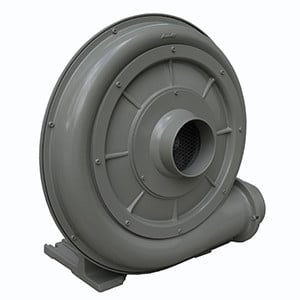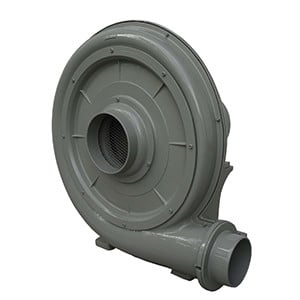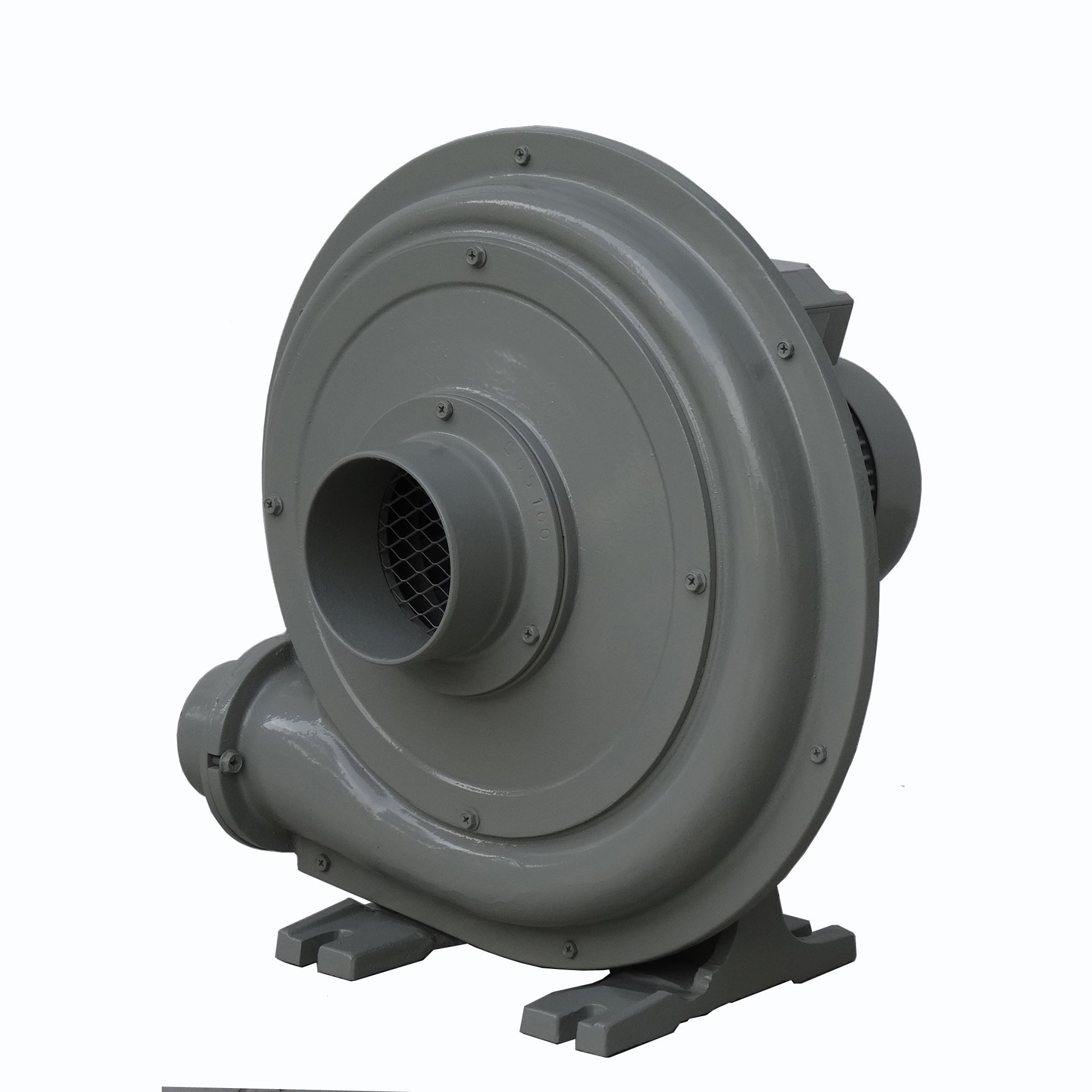Using an efficient air pump offers several benefits across various applications, including cost savings, improved performance, and environmental advantages. Below is a comprehensive breakdown of the key benefits:
- Cost Savings
- Reduced Energy Consumption:
Efficient air pumps consume less power for the same output, lowering electricity bills, especially in systems with continuous or high-duty operation.
- Lower Operating Costs:
With optimized performance, efficient pumps reduce wear and tear on system components, leading to fewer repairs and replacements.
- Enhanced Performance
- Consistent Airflow and Pressure:
Efficient pumps maintain steady performance, ensuring consistent pressure and flow rates, which is critical in applications like HVAC, medical devices, or manufacturing.
- Improved Process Control:
Precision in airflow regulation helps maintain optimal conditions in sensitive environments such as aquariums, cleanrooms, or industrial processes.
- Longevity and Reliability
- Reduced Wear and Tear:
Efficient pumps are designed to operate at optimal levels, minimizing mechanical stress on components, leading to longer operational life.
- Better Durability:
High-quality, efficient pumps are often built with superior materials and engineering, enhancing reliability even under demanding conditions.
- Environmental Benefits
- Lower Carbon Footprint:
By consuming less energy, efficient air pumps contribute to reduced greenhouse gas emissions, supporting sustainability initiatives.
- Reduced Noise Pollution:
Many efficient designs incorporate quieter technologies, making them more environmentally friendly in noise-sensitive applications.
- Application-Specific Benefits
- Aquariums and Aeration:
Efficient pumps ensure optimal oxygenation for aquatic life while consuming minimal energy.
- Industrial Use:
In manufacturing, efficient pumps can meet demands without overloading systems, improving productivity and reducing downtime.
- Medical Devices:
Precision airflow in ventilators or CPAP machines ensures patient safety and reduces device strain.
- Safety Advantages
- Reduced Heat Generation:
Efficient air pumps operate with less energy loss as heat, minimizing overheating risks and improving safety in continuous operation.
- Stable Operation:
Consistent performance reduces risks associated with pressure fluctuations or equipment failures.
- Regulatory Compliance
- Efficient pumps often meet or exceed industry energy efficiency standards, such as Energy Star or ISO certifications, simplifying compliance with regulations and reducing potential penalties.
- Scalability and Versatility
- Adaptability:
Efficient air pumps can often adjust to varying demands without significant energy penalties, making them suitable for dynamic systems.
- Reduced Downtime:
Reliable and efficient performance minimizes the likelihood of interruptions, enhancing system availability.
- Competitive Advantages for Businesses
- Improved ROI:
The combination of energy savings, reduced maintenance costs, and longer lifespan leads to better return on investment (ROI) over the pump’s lifetime.
- Enhanced Reputation:
Using efficient equipment demonstrates a commitment to sustainability and innovation, which can improve a company’s image in the eyes of clients and stakeholders.
- Long-Term Benefits
- Future-Proofing:
Efficient air pumps are more likely to remain viable as energy costs rise and regulations become stricter.
- Scalability for Advanced Systems:
Efficient designs integrate more easily with automation and smart systems, supporting future upgrades.
The primary benefits of using an efficient air pump include cost savings, enhanced performance, reliability, and environmental advantages. Whether for residential, commercial, or industrial use, efficient air pumps are a smart investment for reducing operational expenses and achieving long-term sustainability goals.




